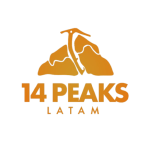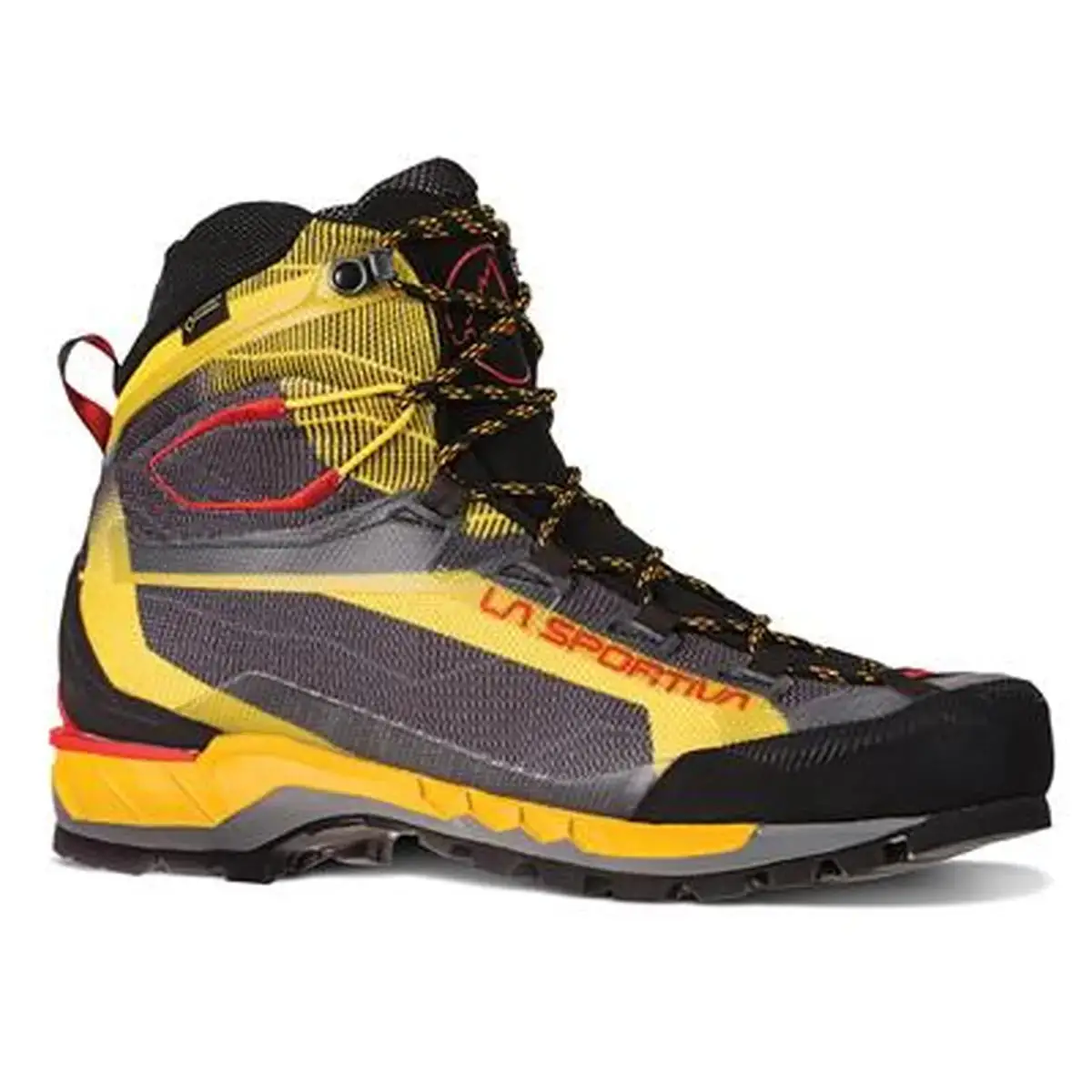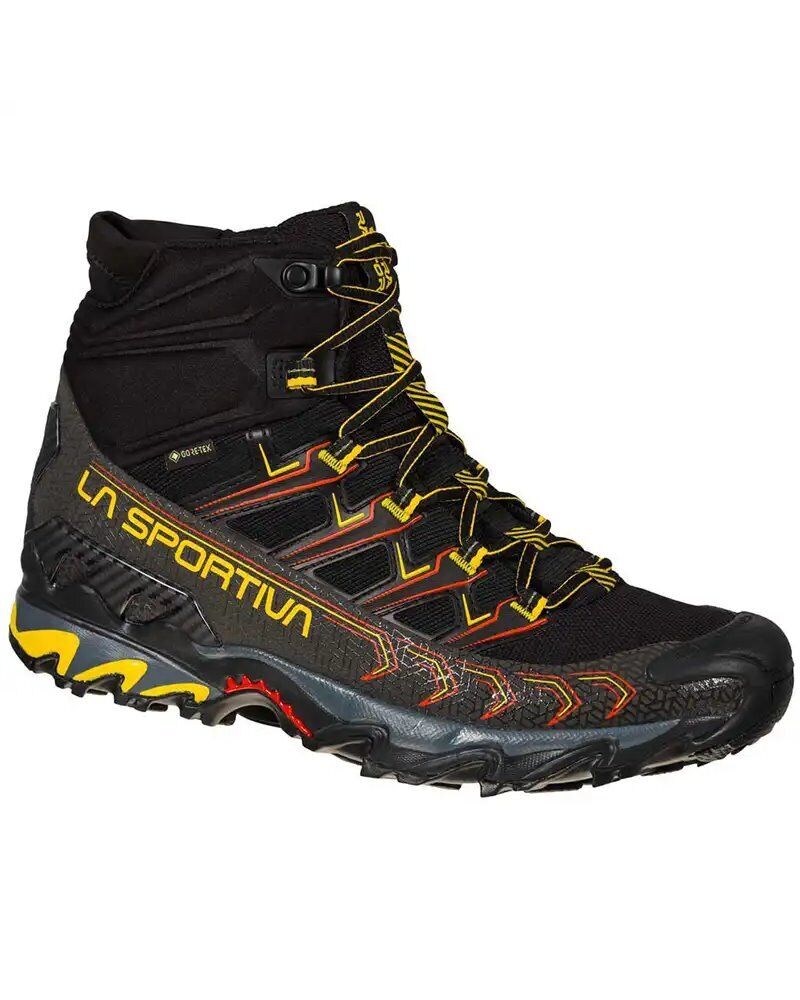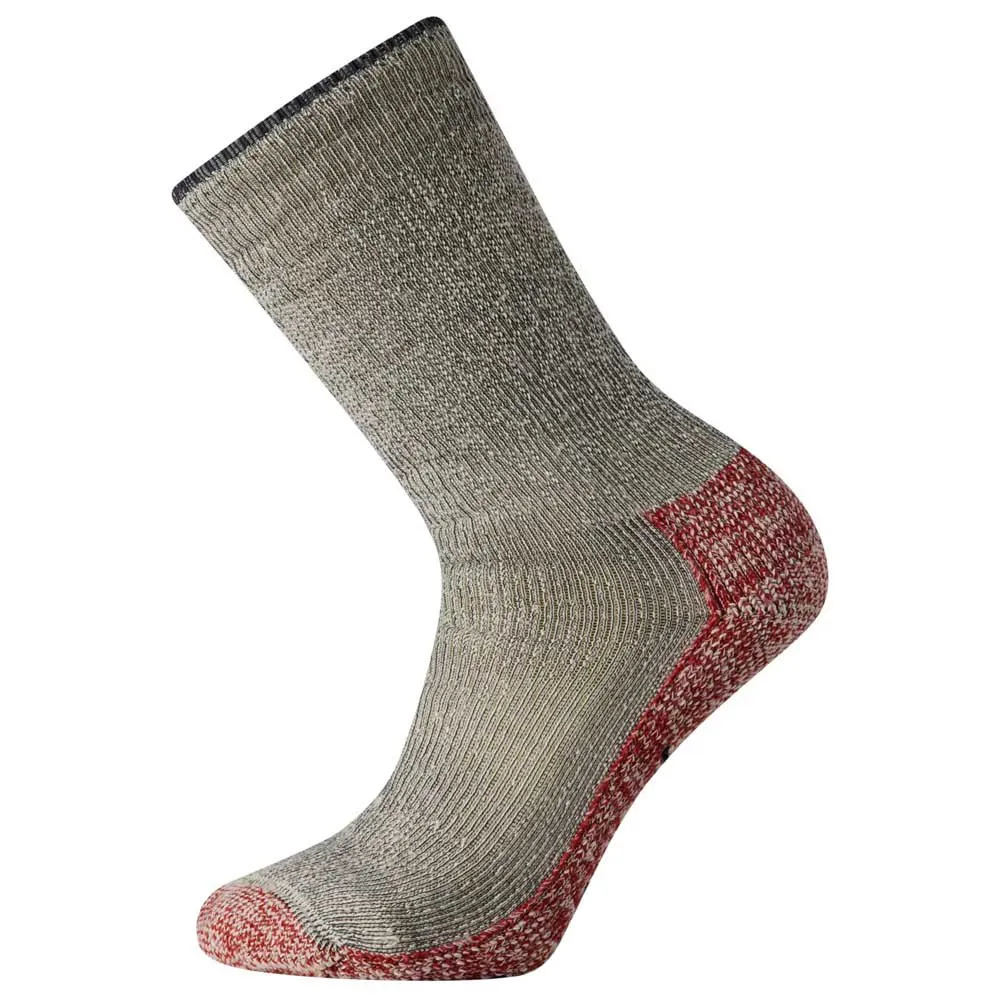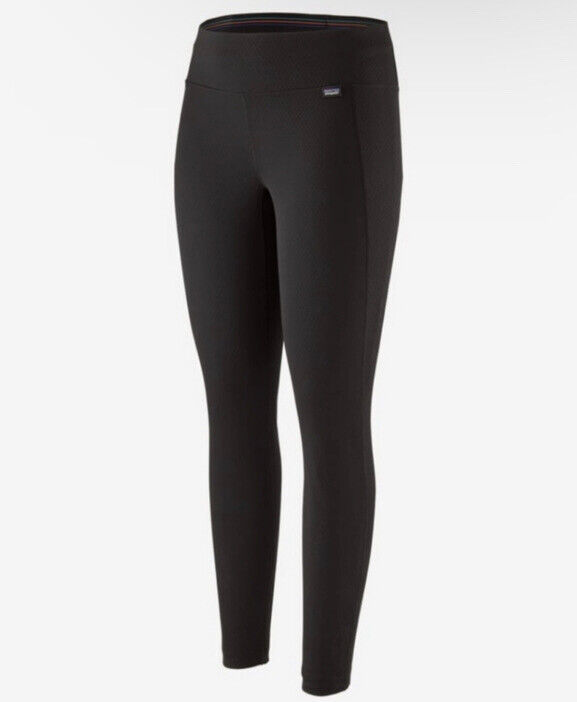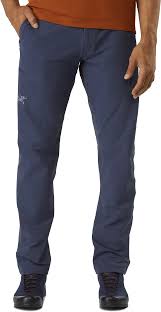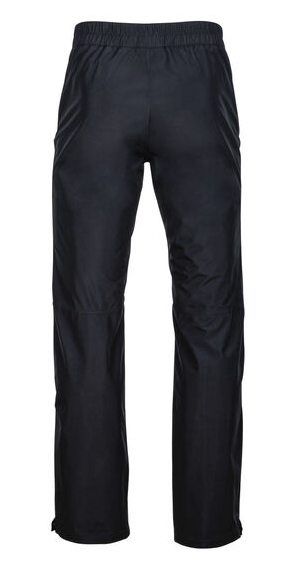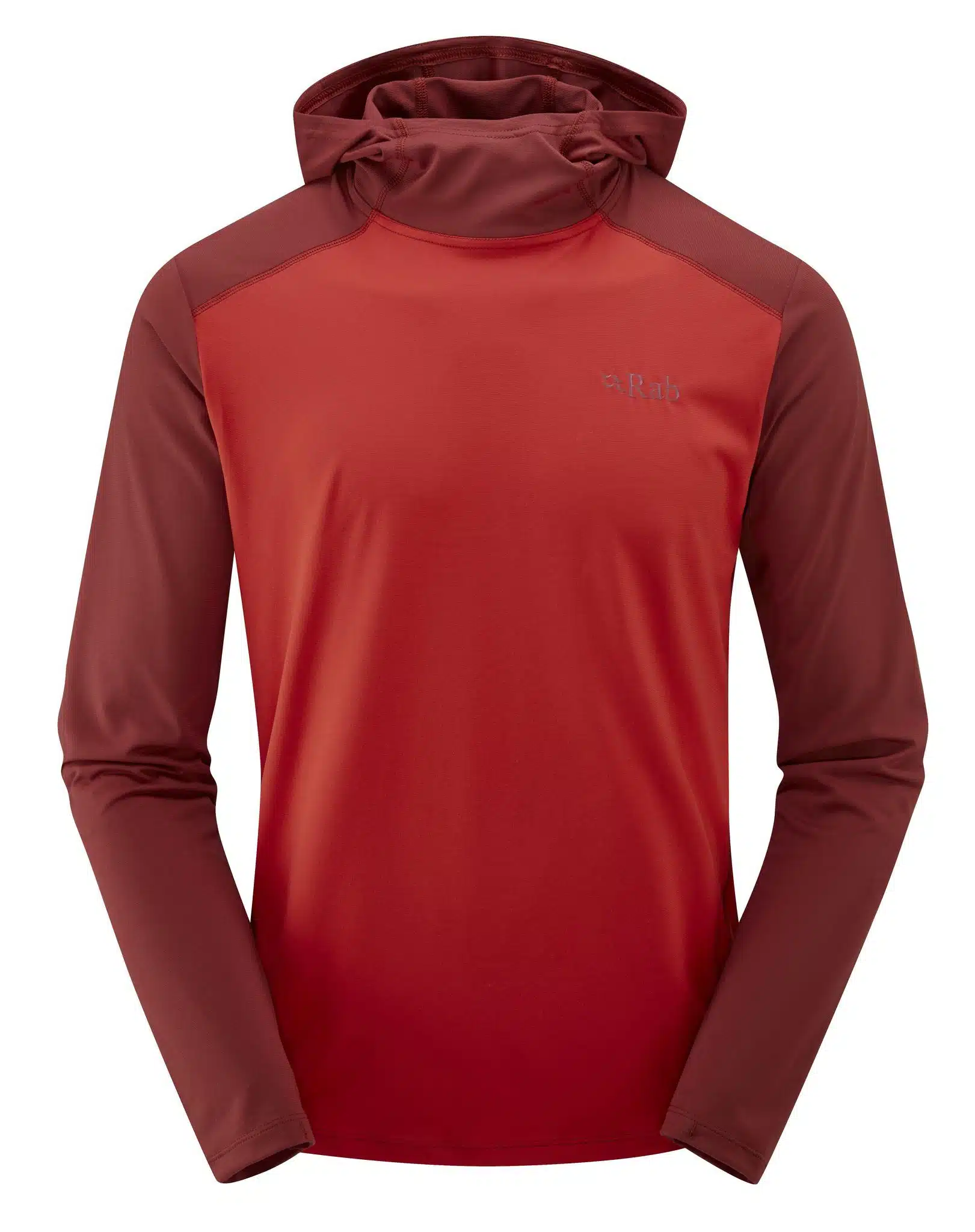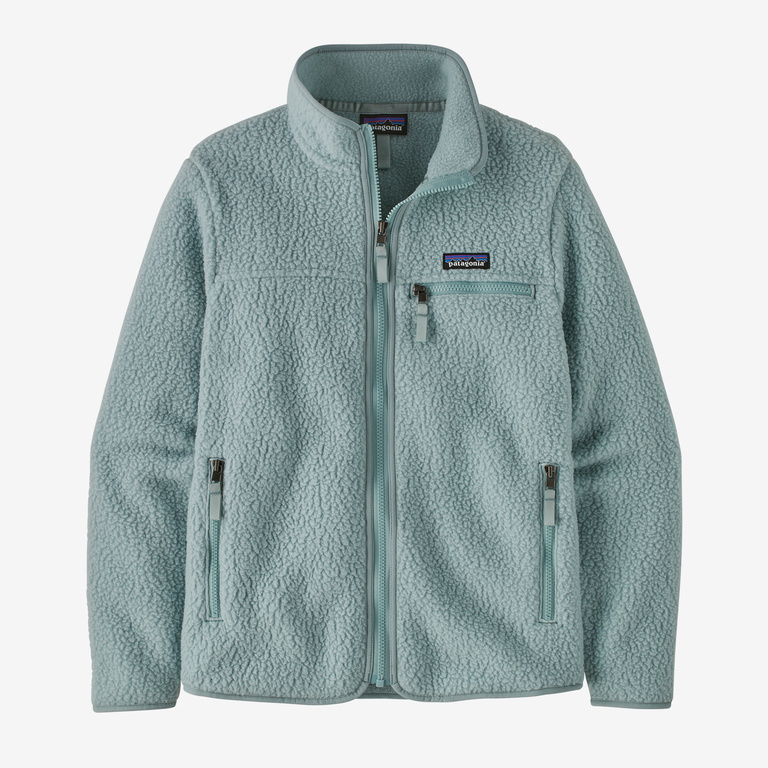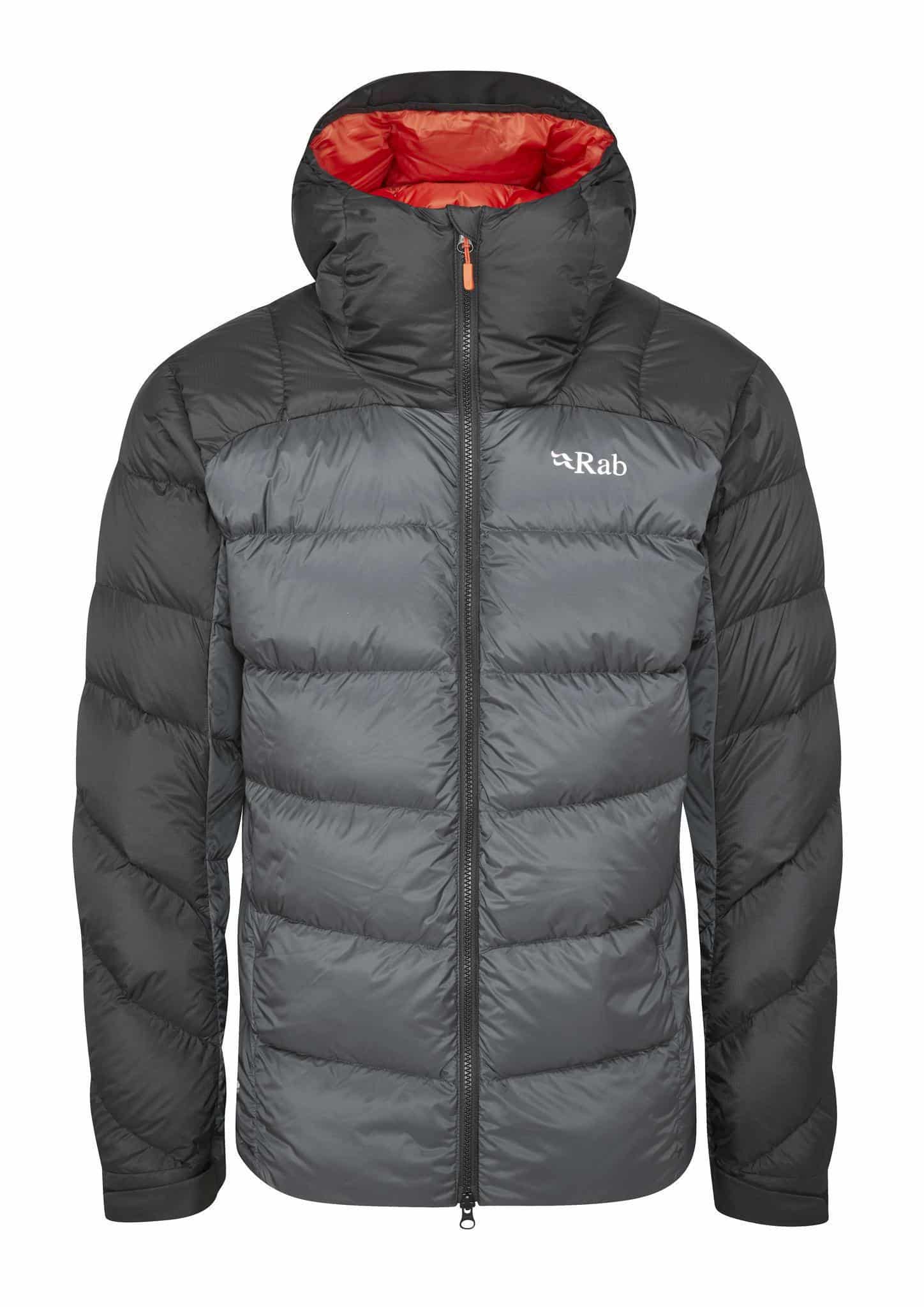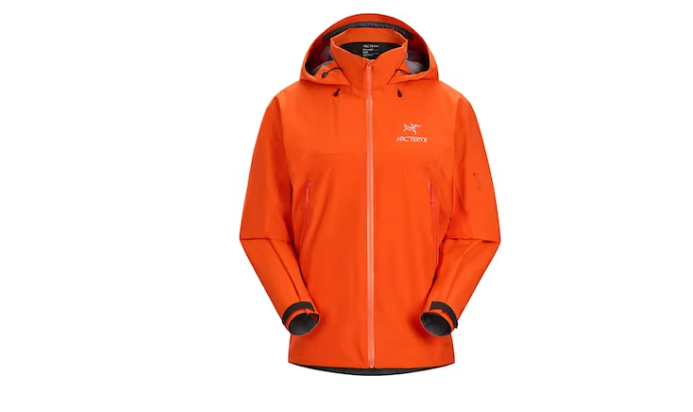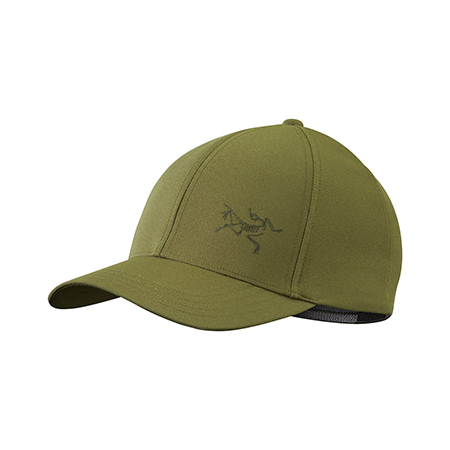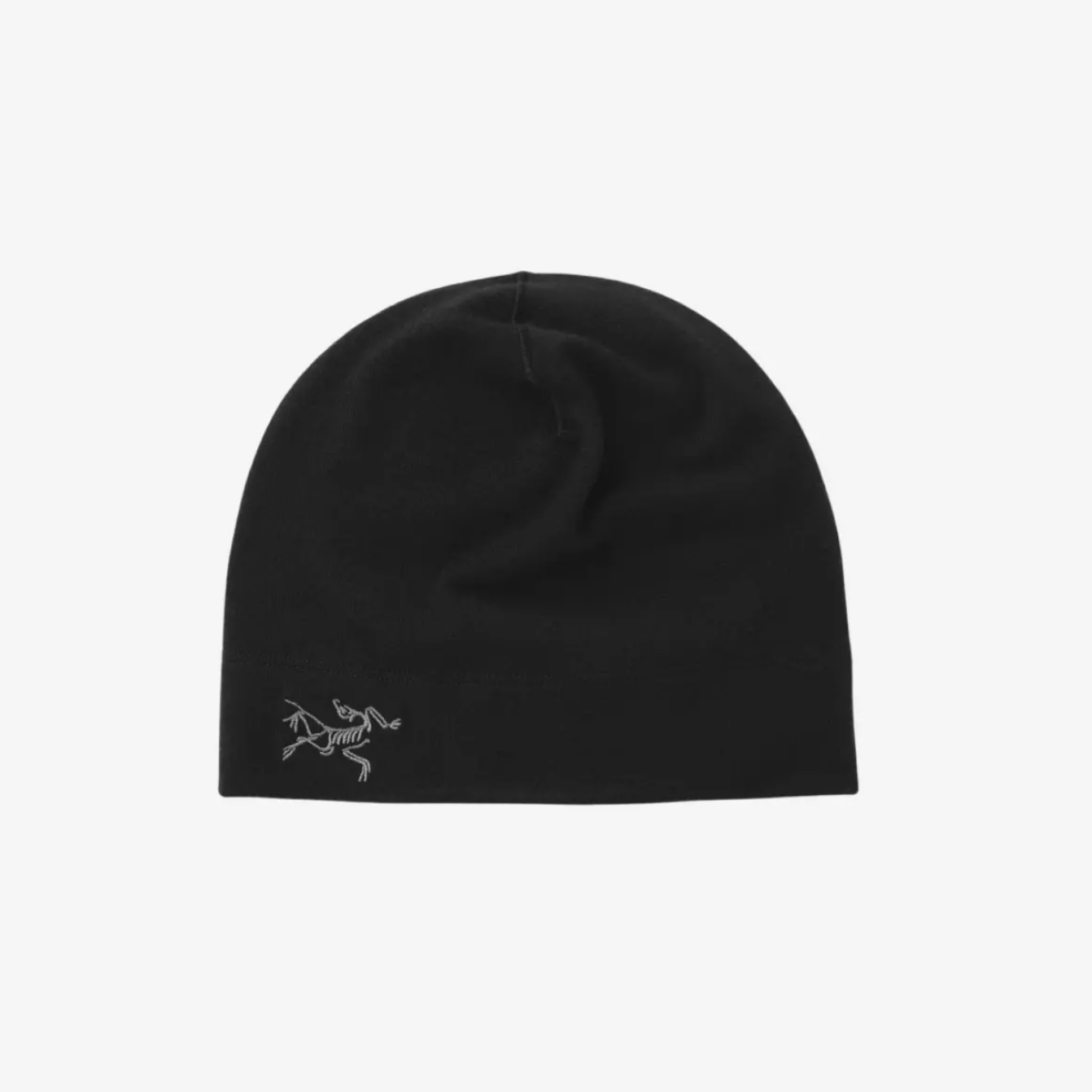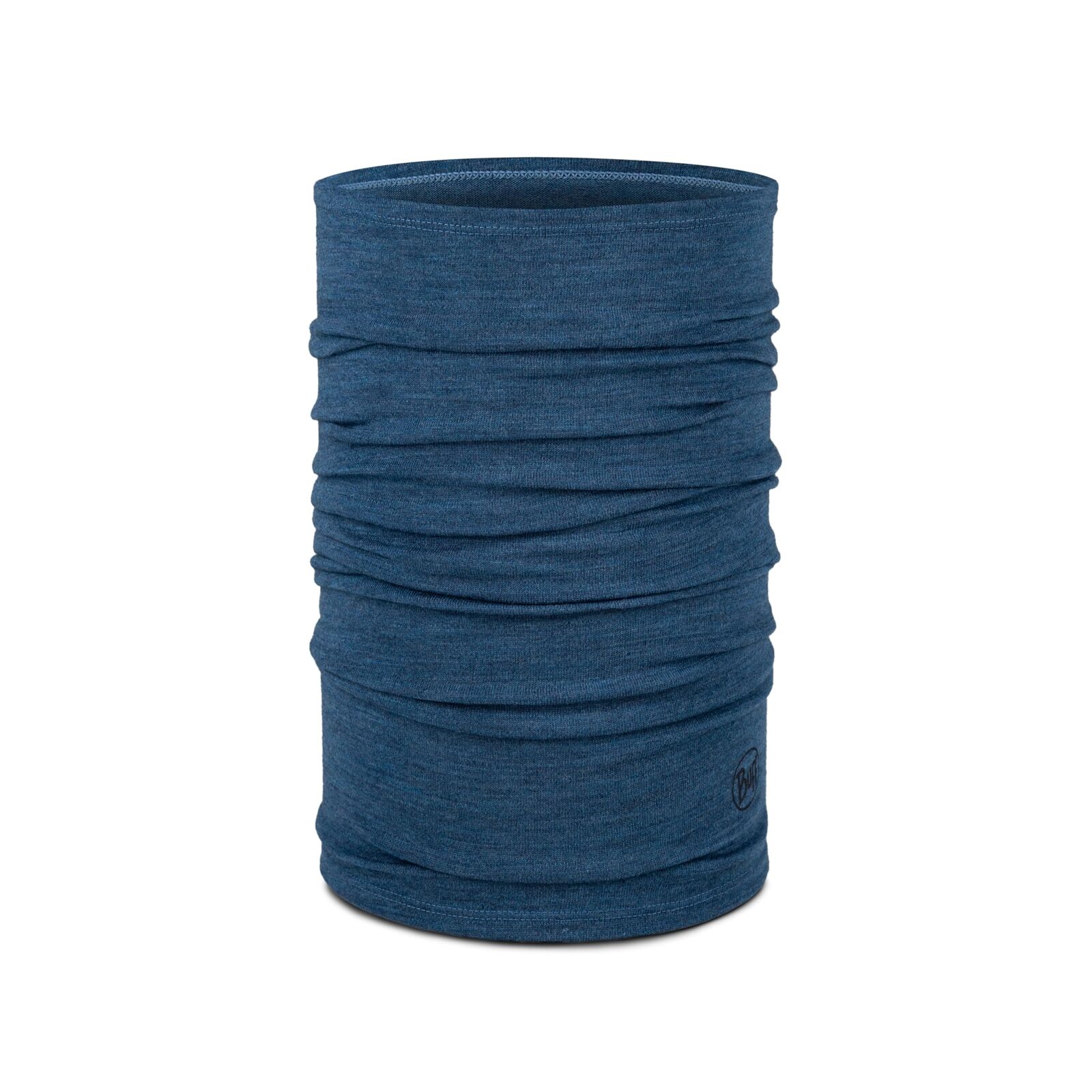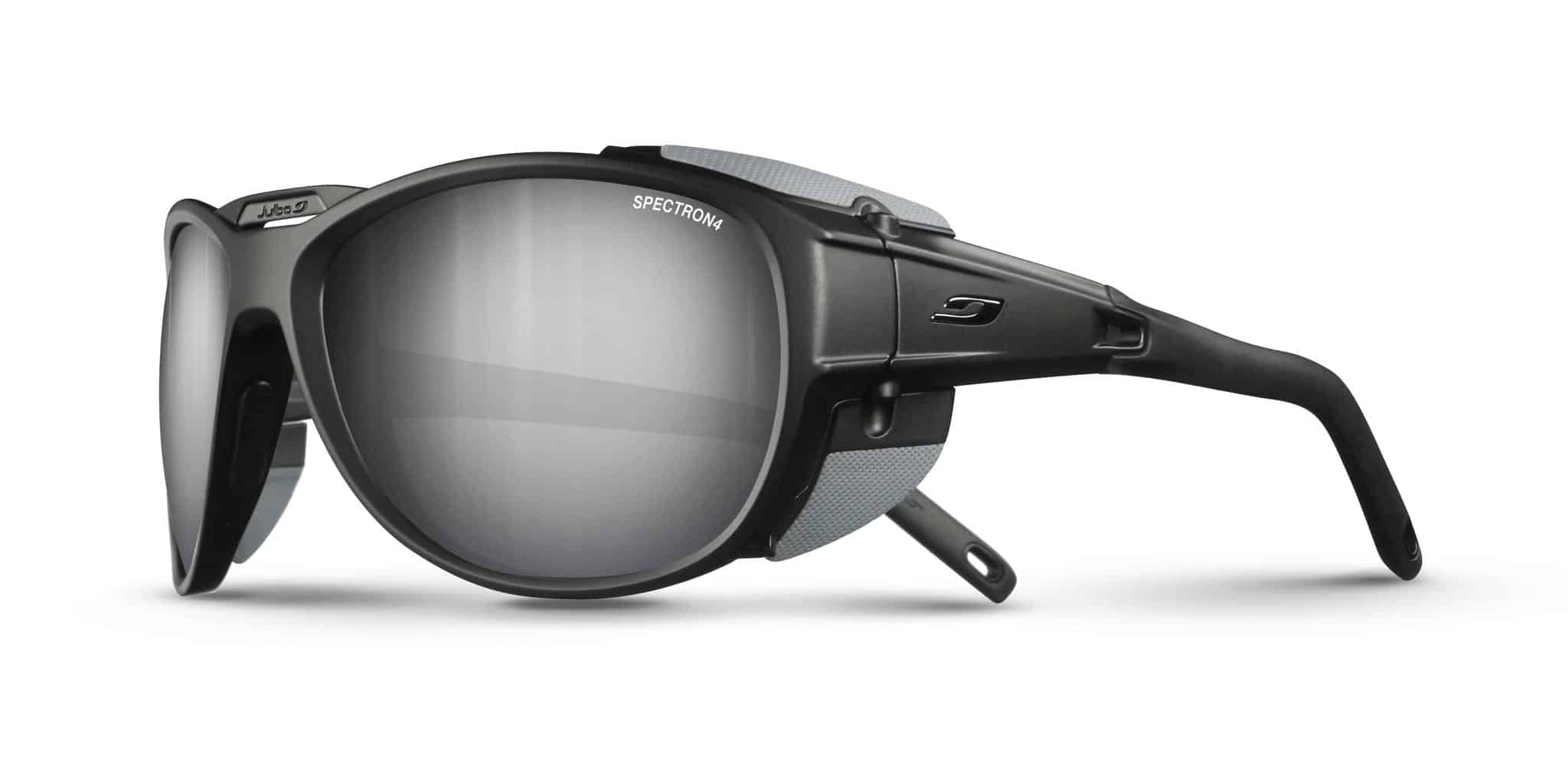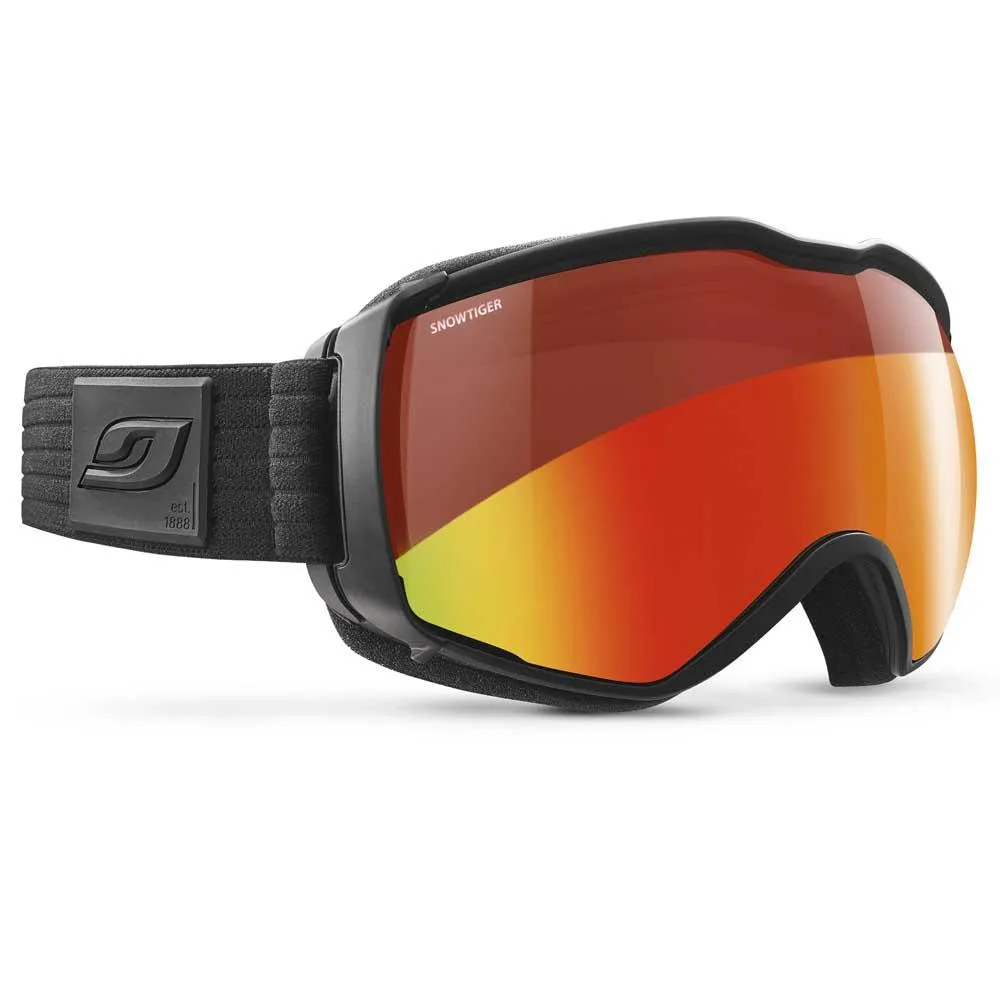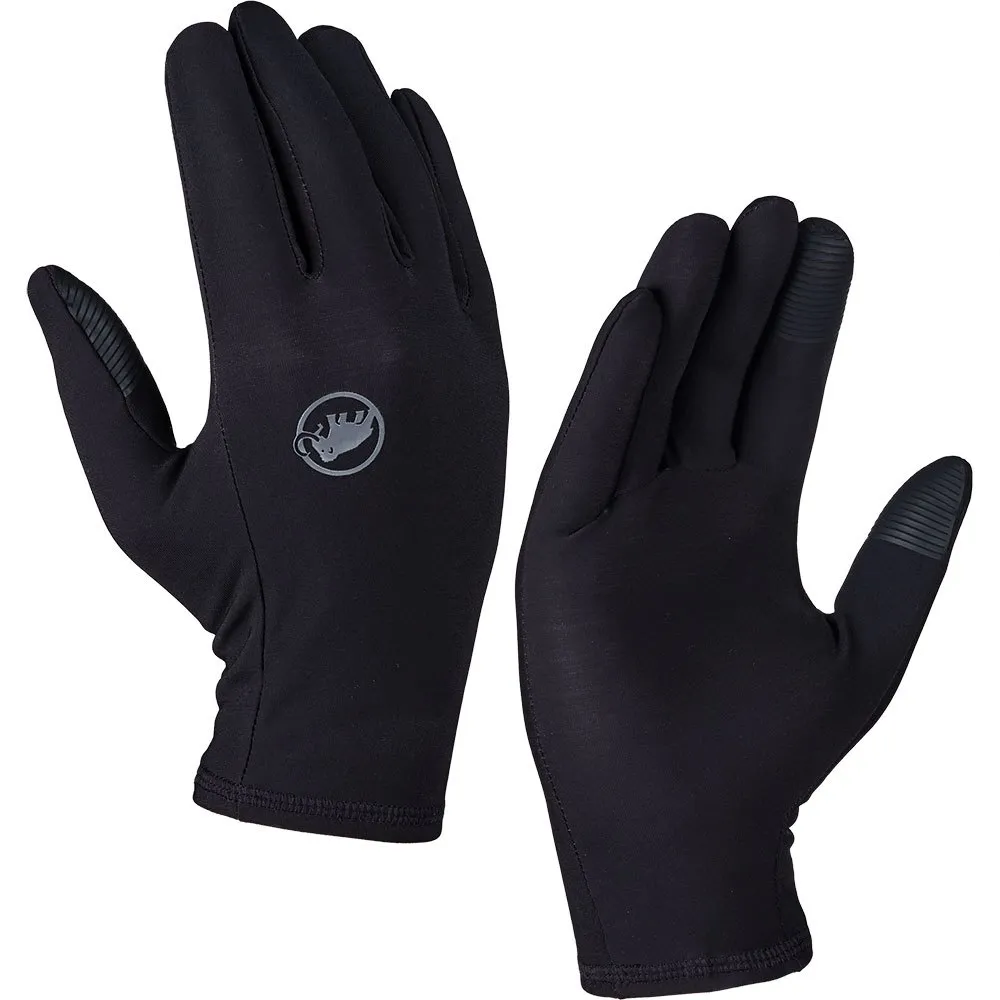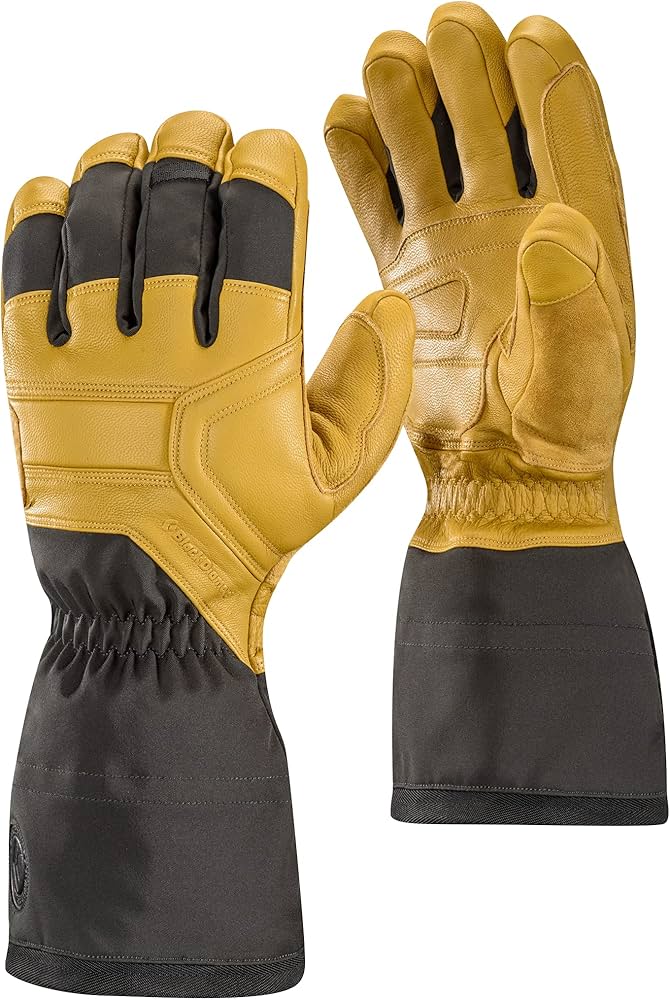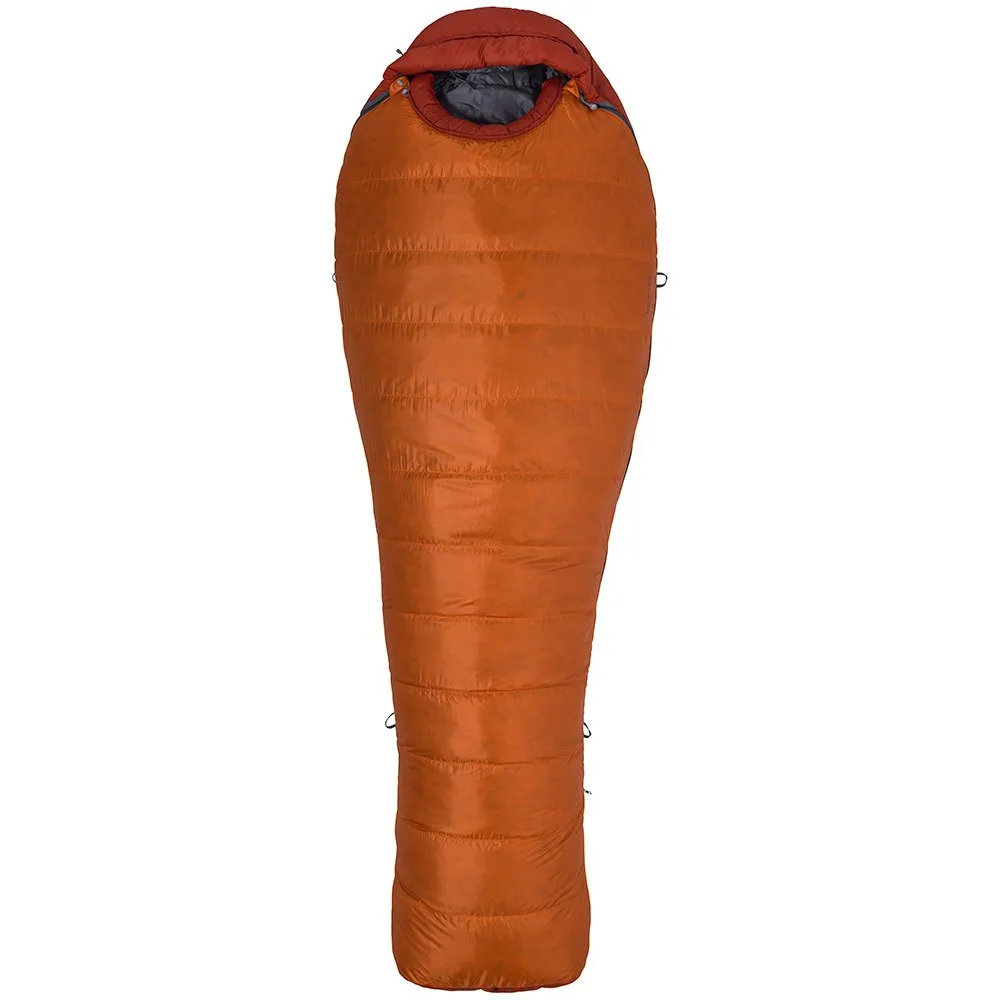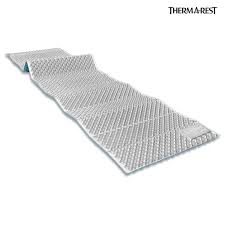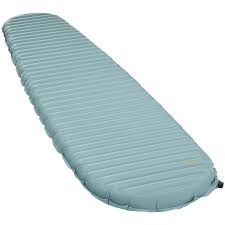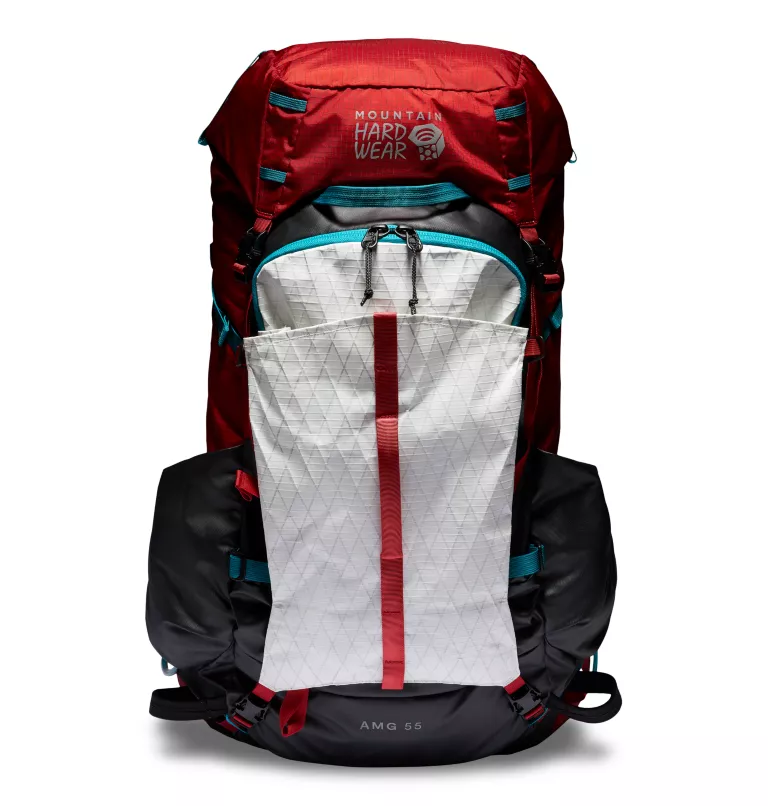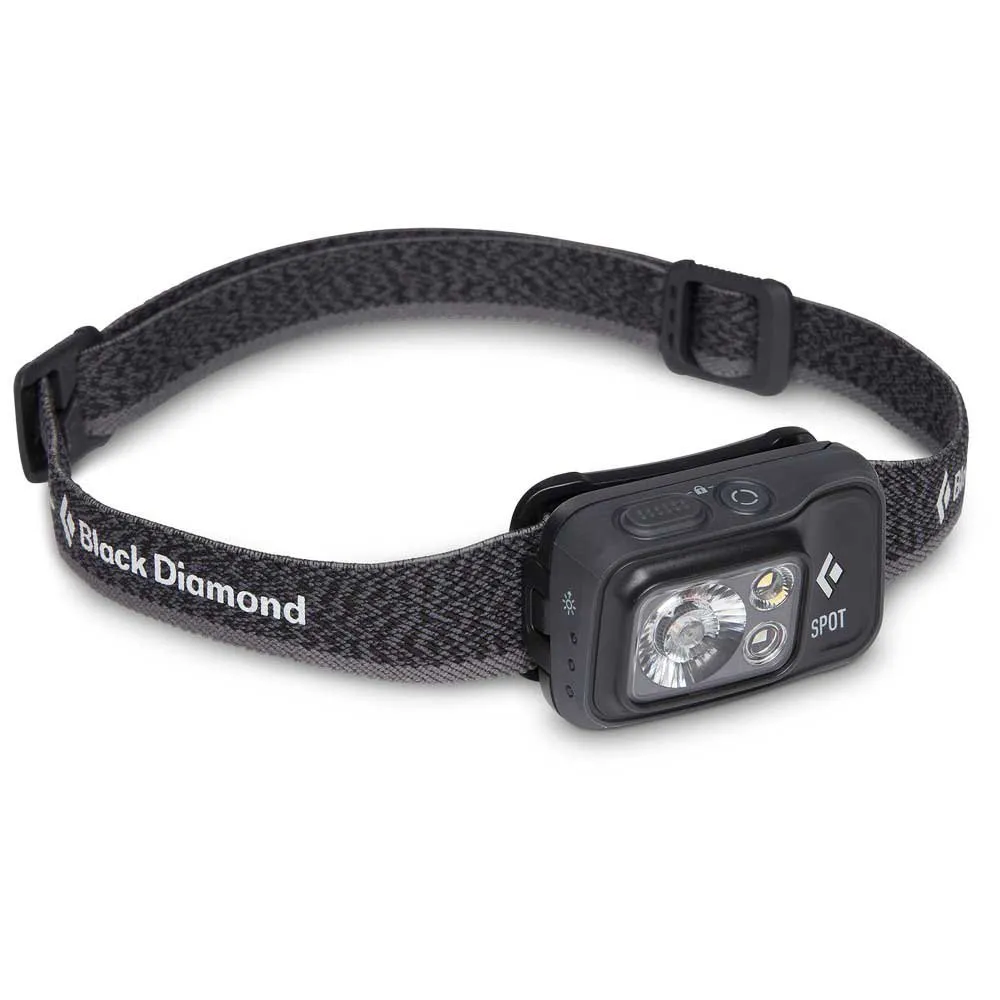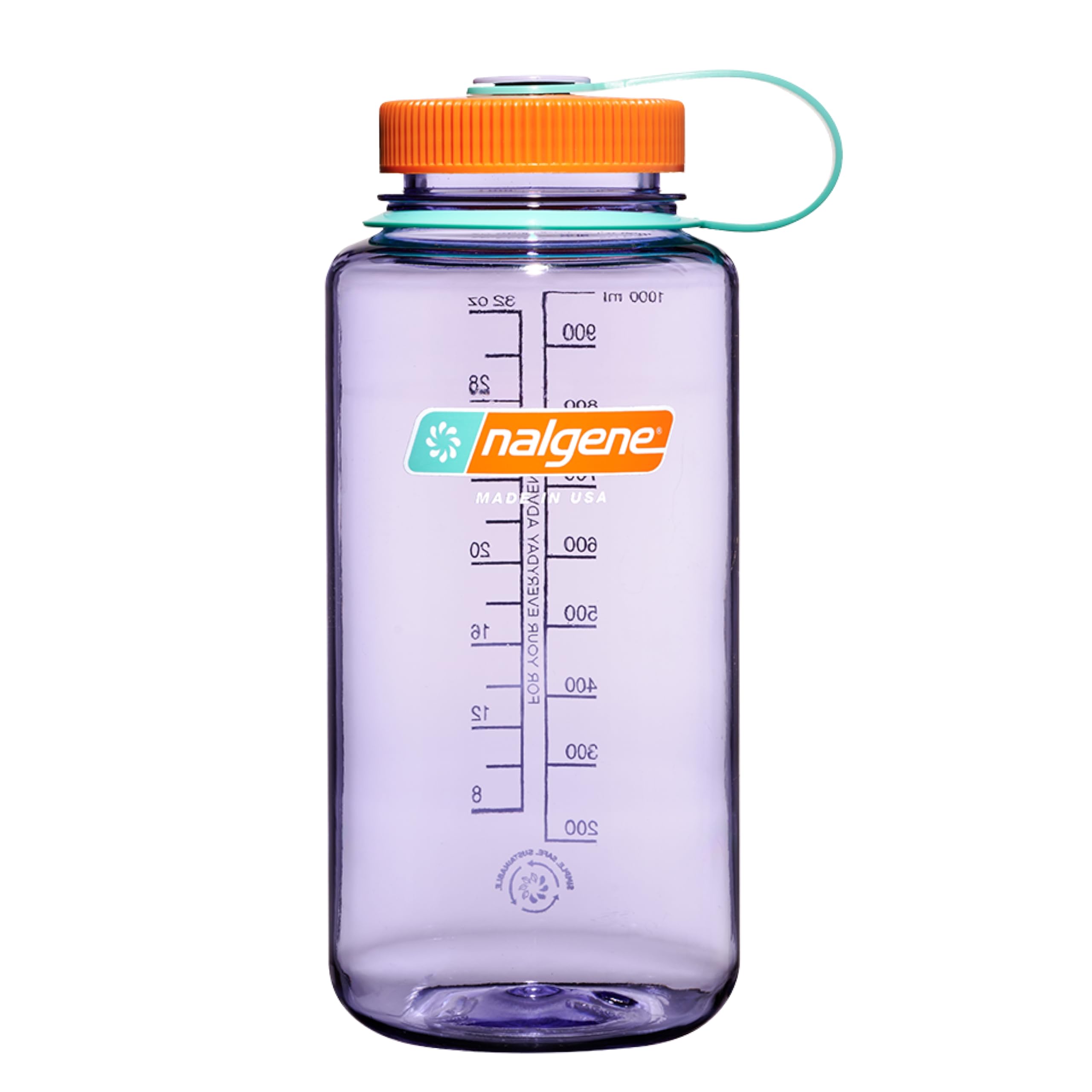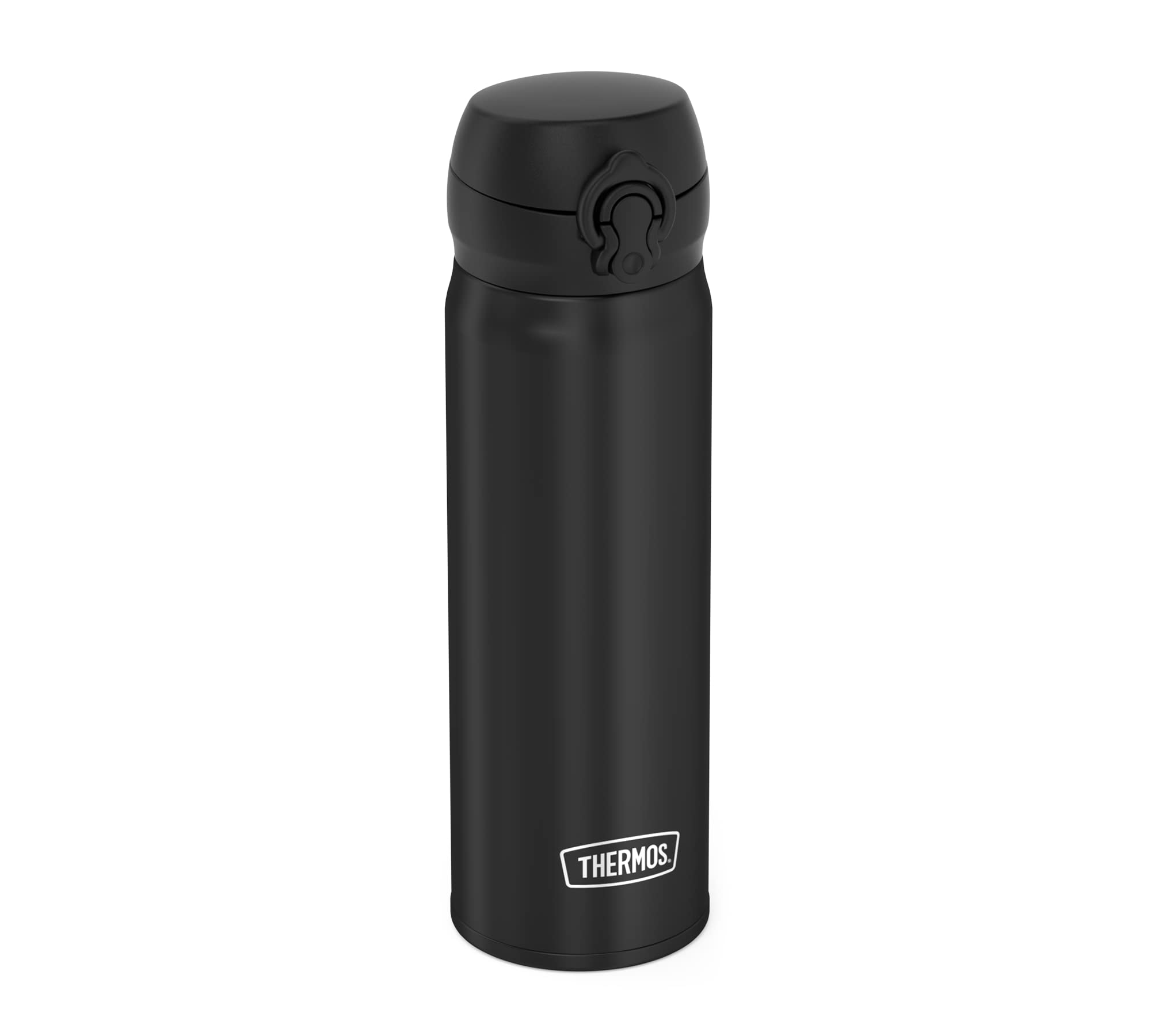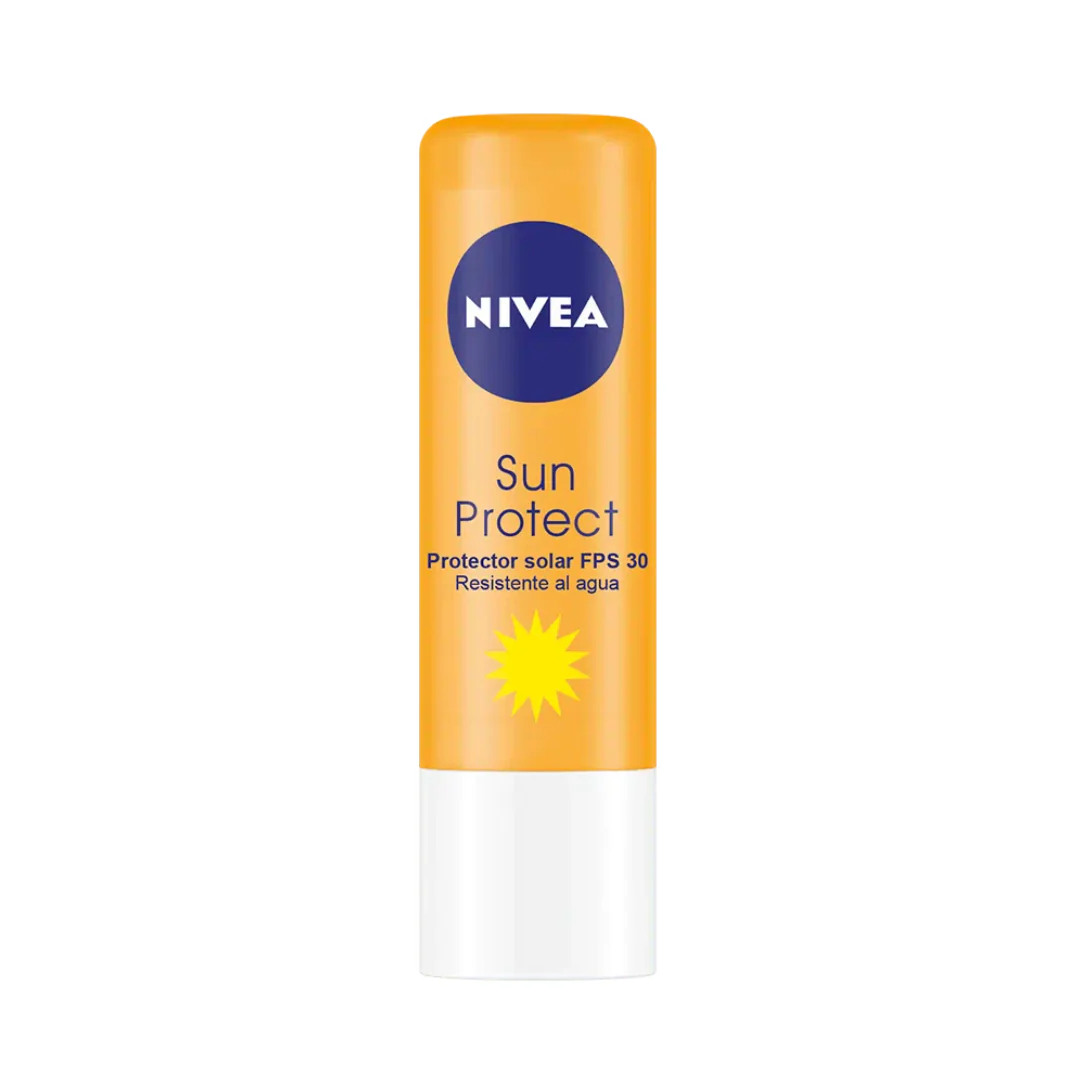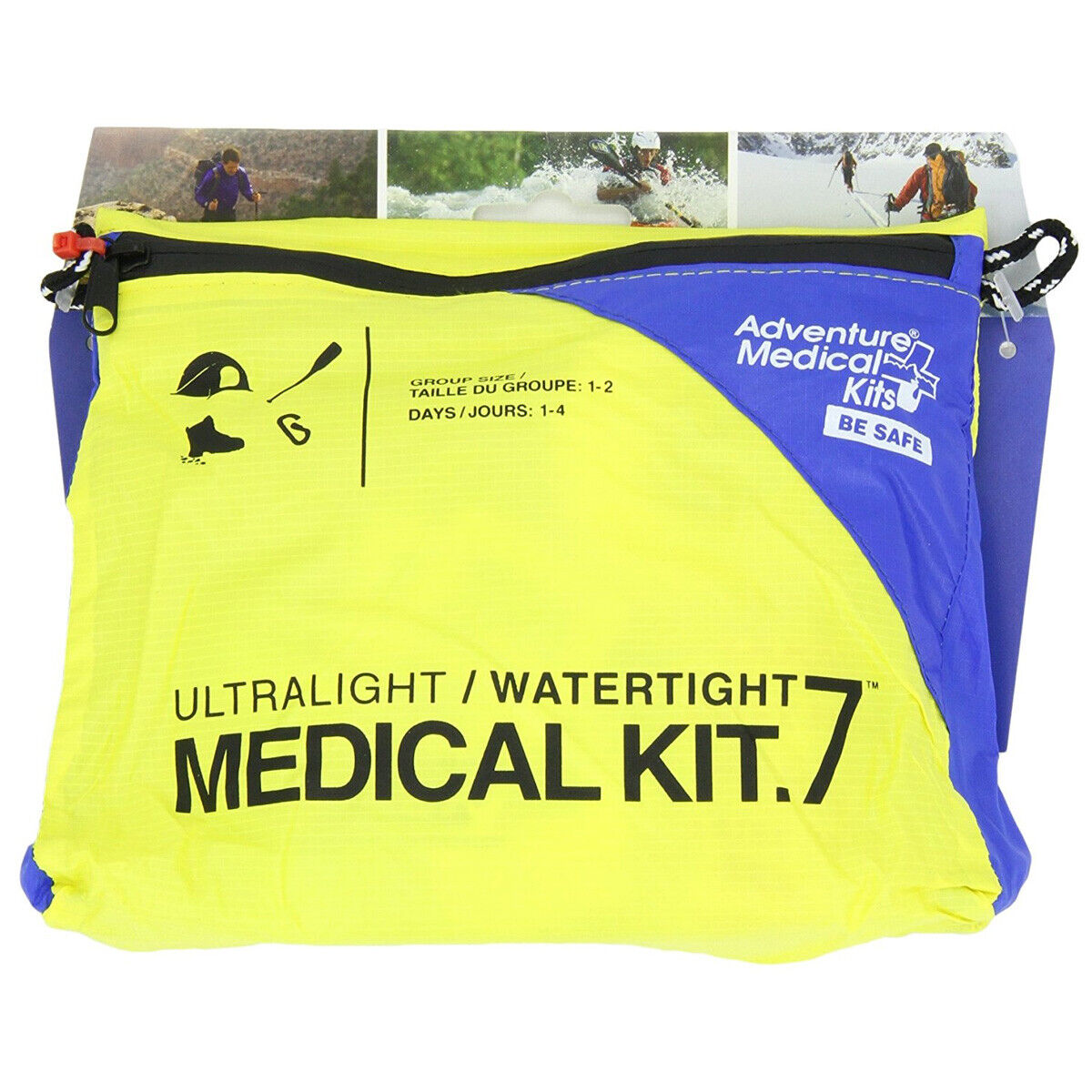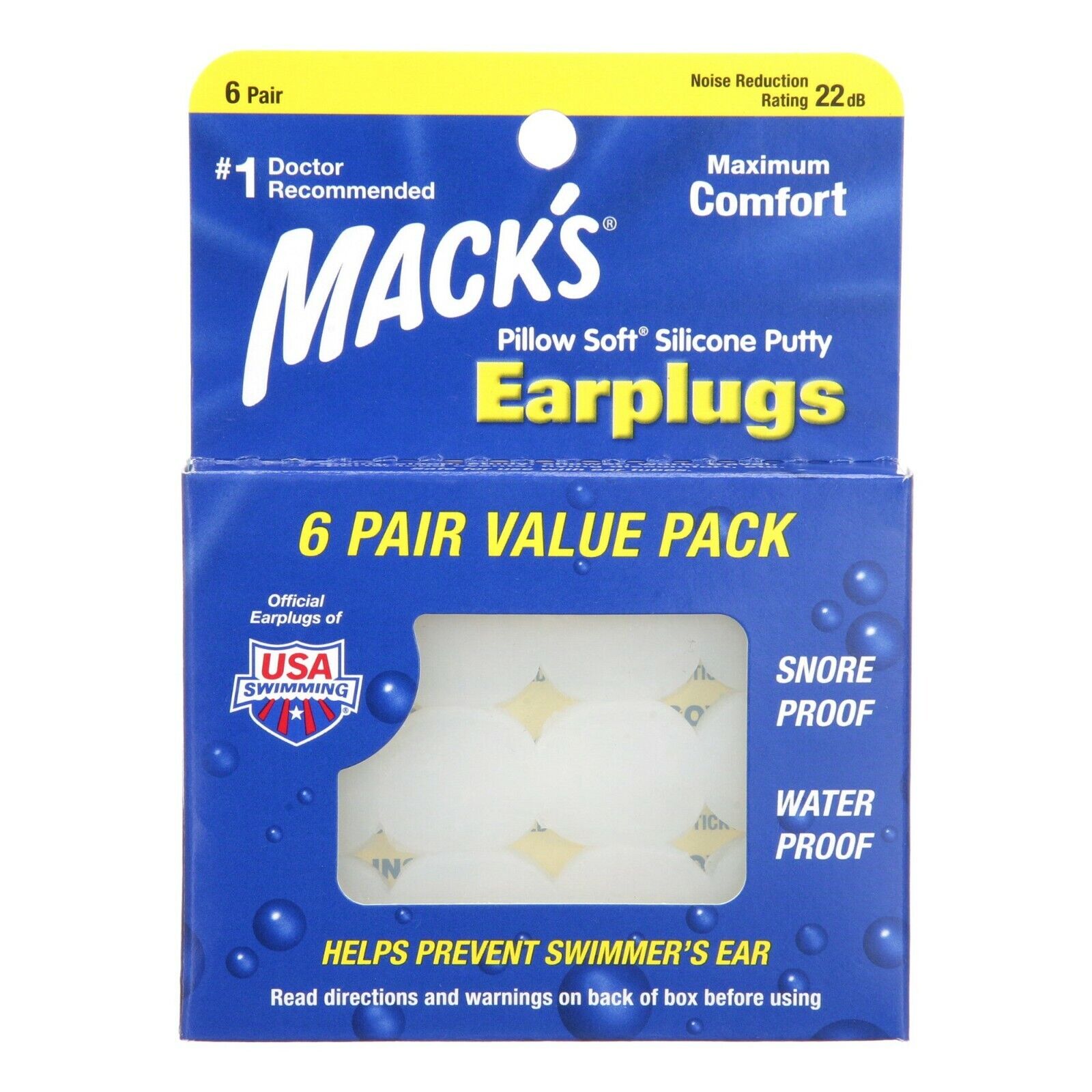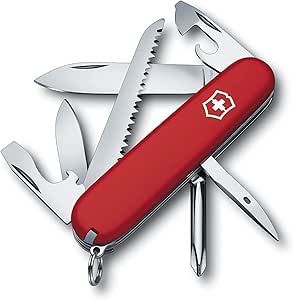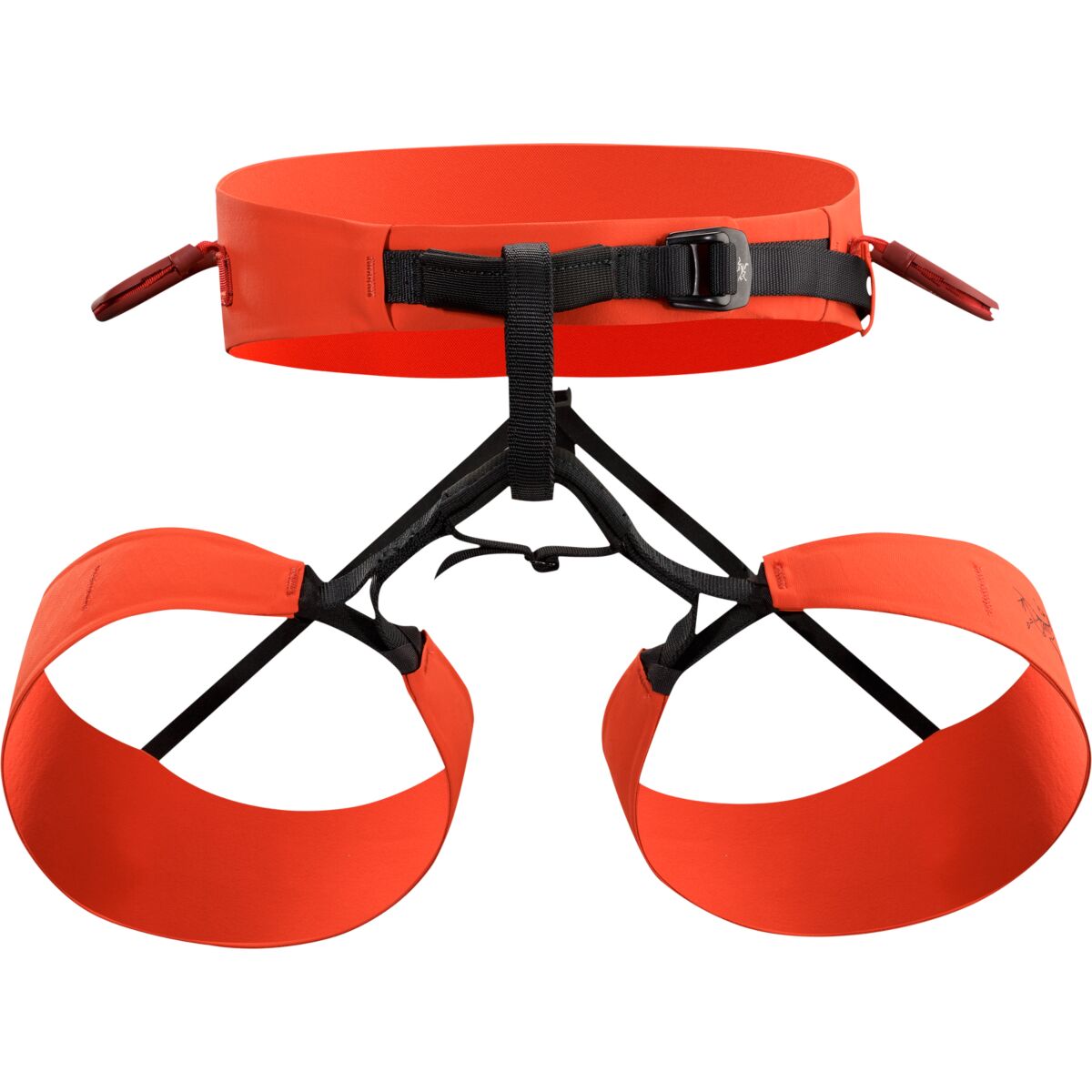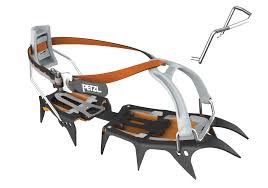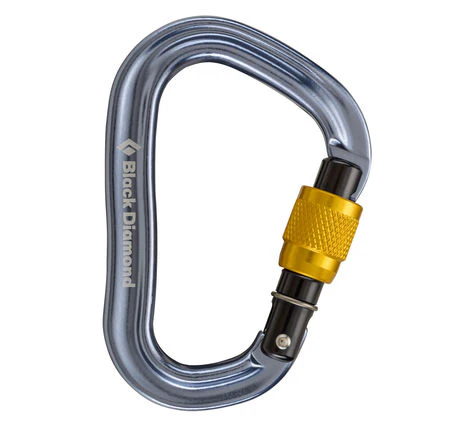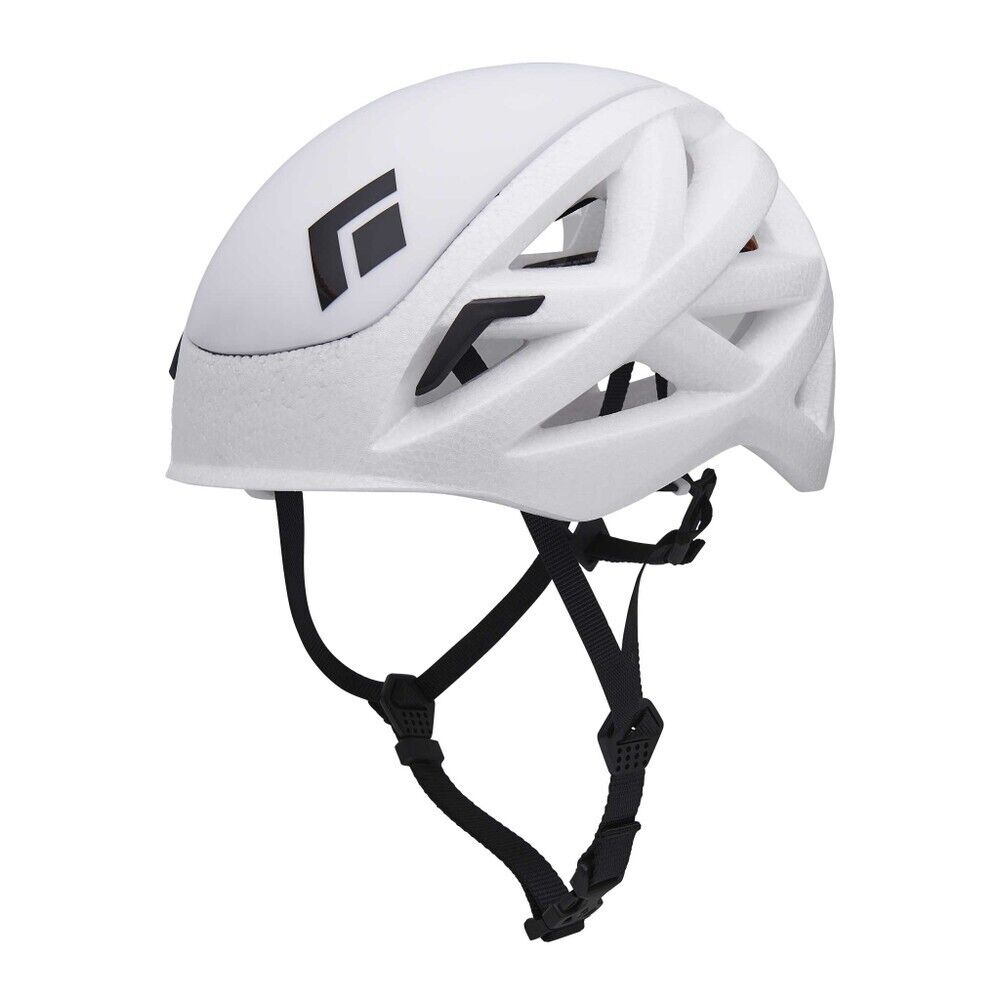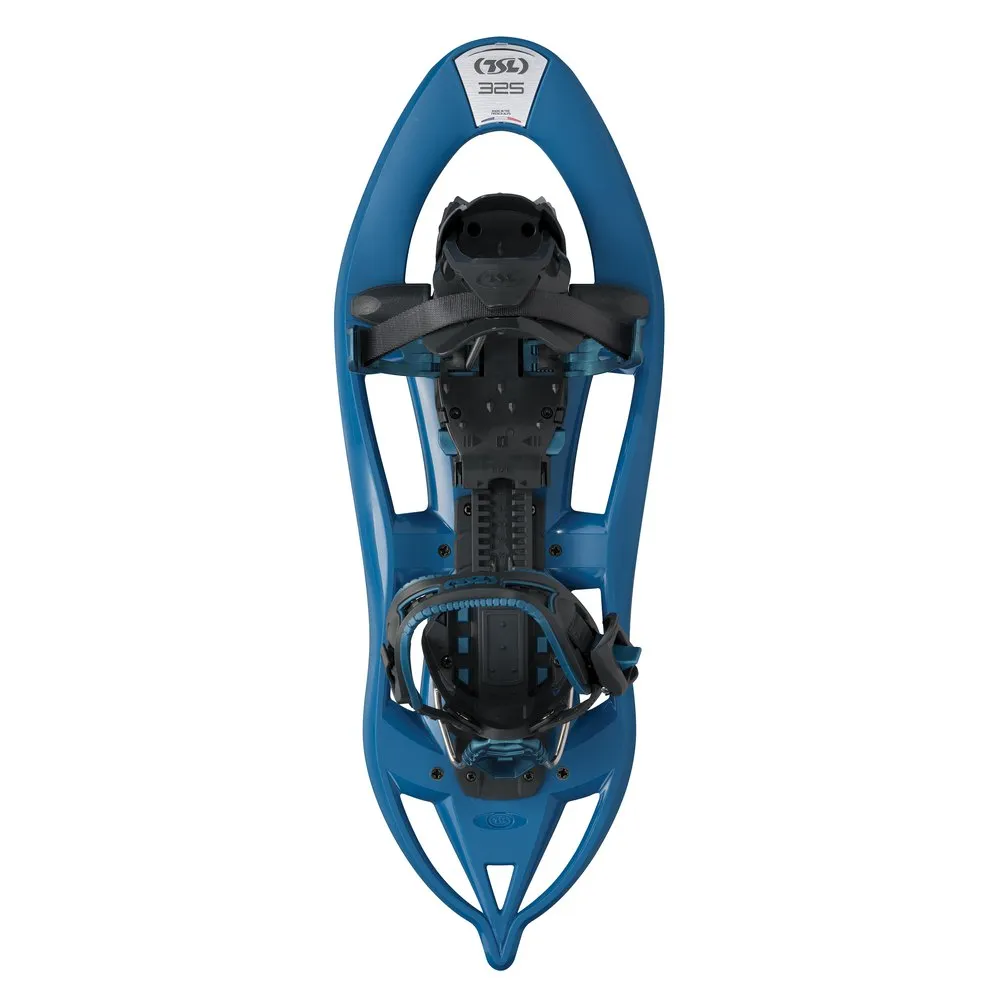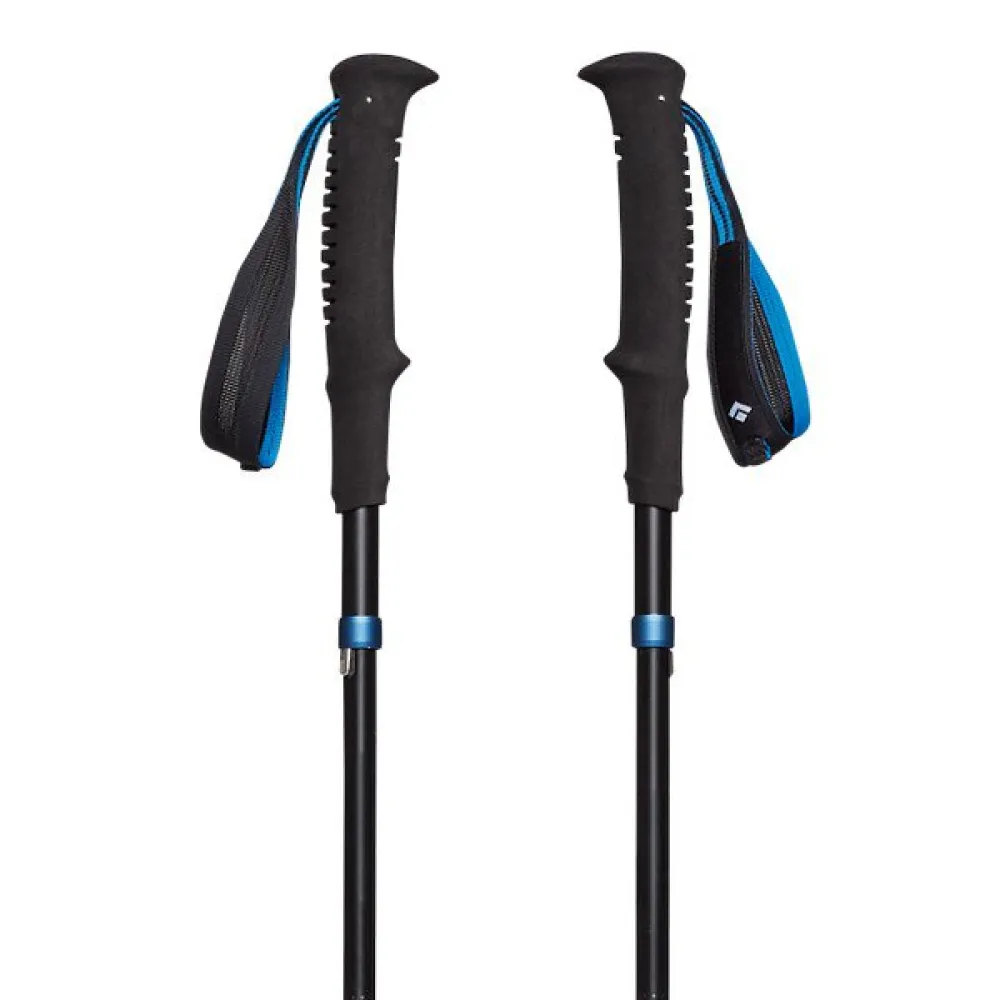Patagonia, Return to the Ice.
Dare to experience an expedition with landscapes of unmatched beauty. This is one of the most exclusive, remote, adventurous, and unique trips we have to offer. If you’re looking for something different and extreme, this is the perfect choice.
This white world, covering an area of about 13,000 km², is where most of the glaciers of Southern Patagonia originate.
This white paradise takes you to a unique setting, the so-called “Circo de los Altares” (Circus of the Altars), a place where ice is surrounded by towering granite peaks like Cerro Torre, Egger, and Fitz Roy, among others.
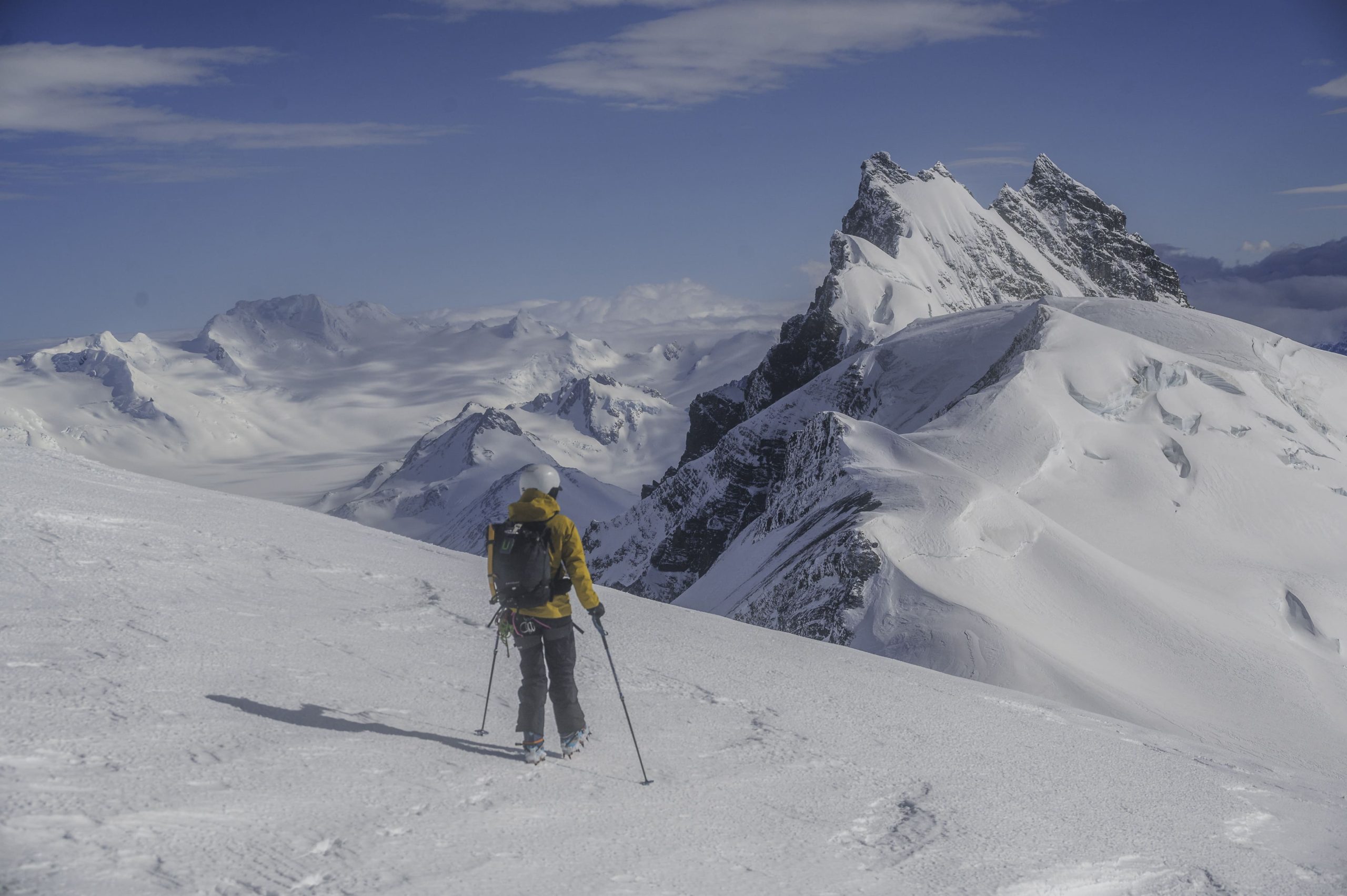
TYPE: Trekking and multi-adventure.
LOCATION: Patagonia Argentina
DURACIÓN: 11 days
DATE: December 3 to 13, 2025.
PHYSICAL DIFFICULTY: Challenging
TECHNICAL DIFFICULTY: Moderate
COST PER PERSON: 4600 USD
Included
- Certified UIAGM guide (1 per 4 people)
- 4 nights of hotel in El Chaltén
- Meals during the trekking.
- Tents (for 2 or 3 people)
- Cooking equipment
- Group technical equipment, GPS, VHF communication, and satellite communication.
- Individual technical equipment (helmet, snowshoes, harness, crampons, safety carabiners, trekking ice axes).
- Transfer to the Eléctrico River Bridge.
- Trekking guides for activities in El Chaltén.
Not Included
- Personal equipment
- Transfer from Calafate Airport to El Chaltén (there are buses from Calafate).
- Meals and dinners in El Chaltén.
- Porteador personal (Cargamos entre 20-25 kg todos los días), es posible contratar un porteador que cargue 15 kg por 1150 dólares.
- Tipping (minimum suggested amount of $250).
- Evacuation insurance.
- Expenses incurred for leaving the expedition early.
PAYMENTS
The spot is reserved with 900 dollars.
50% of the total value is paid 4 months before the trip.
The remaining 50% is paid in cash upon arrival in Patagonia.
BANK DETAILS
Bank: BANAMEX
CLABE: 0021 8070 0806 3487 99
Account Holder: Cristel Vanessa Estol Garay
If you’re abroad, payment can be made via international transfer or PayPal (with a fee).
Equipment list:
Additional equipment required:
FAQ
To undertake the Ice Loop, you don’t need high-altitude experience, but you do need to be in VERY good physical condition. There are days with very long hikes and steep inclines, so we could consider it more demanding than a regular trek. It’s for people accustomed to adventure, willing to face extreme climates and sleep in tents for several days, with a flexible mindset to adapt to the environment as well as any itinerary changes that may arise during expeditions of this nature.
Despite lacking high altitude and the challenge of acclimatization, the Ice Traverse is demanding due to its varied terrain and unpredictable weather. Patagonia is an extremely windy place, and the fact that it’s so remote and that you sleep in a tent adds extra points to the challenge.
Between November and the end of February.
You need to book a flight to El Calafate Airport in Argentina. The meeting point for this expedition is El Chaltén, which you reach by taking a transfer from El Calafate Airport — it’s about a 3-hour drive. We recommend booking your transfer in advance to make sure it matches your flight schedule, since if your flight arrives after 5 p.m., you’ll have to spend the night in El Calafate (the last transfer leaves at 5 p.m.). One of the companies you can check out is Lengas.
On this expedition, you’ll share a tent with one or two other people (2- or 3-person tents). Unlike some of our other trips, like Kilimanjaro, the Ice Traverse is an alpine-style expedition, where saving weight is key in every situation. That’s why the tents are usually smaller and lighter — think Black Diamond style. If you’re looking for adventure and epic landscapes, this is the expedition for you.
We hike between 7 and 8 hours a day.
We carefully select all our guides. For this experience, we always work with certified professionals. Expeditions with fewer than 8 people are led by our local staff, while groups larger than 8 also include a Spanish-speaking team leader, like Vanessa Estol or someone similar, who travels from our home countries.
No. On this expedition, we’re completely off the grid for a full week. There are devices like the Garmin InReach that let you send messages without needing internet.
Because of weight limitations, we bring dehydrated meals in pouches that you just add hot water to. We also carry cheese and salami or serrano ham for a quick bite when we reach camp. Each person also gets some snacks like chocolate, alfajores, etc., for the hike. You’re welcome to bring your own favorite snacks to supplement along the way.
There are no refunds for cancellations, or if we’re unable to reach the goals due to weather or reasons beyond our control. If you need to cancel, you can transfer your spot to someone else who has the physical fitness required to complete the expedition.
It’s a place with very extreme weather, and we can get hit by strong wind gusts.
When the weather’s good, it’s not cold during the day.
If the weather turns really bad, the route might change — entering the ice field could become impossible. In that case, the guides would come up with a plan B. That said, it’s unlikely, because we’ve built in several buffer days in the itinerary. We extended it from 7 to 10 days to give you a much better chance of success.
Included
- Certified UIAGM guide (1 per 4 people)
- 4 nights of hotel in El Chaltén
- Meals during the trekking.
- Tents (for 2 or 3 people)
- Cooking equipment
- Group technical equipment, GPS, VHF communication, and satellite communication.
- Individual technical equipment (helmet, snowshoes, harness, crampons, safety carabiners, trekking ice axes).
- Transfer to the Eléctrico River Bridge.
- Trekking guides for activities in El Chaltén.
Not Included
- Personal equipment
- Transfer from Calafate Airport to El Chaltén (there are buses from Calafate).
- Meals and dinners in El Chaltén.
- Porteador personal (Cargamos entre 20-25 kg todos los días), es posible contratar un porteador que cargue 15 kg por 1150 dólares.
- Tipping (minimum suggested amount of $250).
- Evacuation insurance.
- Expenses incurred for leaving the expedition early.
PAYMENTS
The spot is reserved with 900 dollars.
50% of the total value is paid 4 months before the trip.
The remaining 50% is paid in cash upon arrival in Patagonia.
BANK DETAILS
Bank: BANAMEX
CLABE: 0021 8070 0806 3487 99
Account Holder: Cristel Vanessa Estol Garay
If you’re abroad, payment can be made via international transfer or PayPal (with a fee).
Equipment list:
Additional equipment required:
FAQ
To undertake the Ice Loop, you don’t need high-altitude experience, but you do need to be in VERY good physical condition. There are days with very long hikes and steep inclines, so we could consider it more demanding than a regular trek. It’s for people accustomed to adventure, willing to face extreme climates and sleep in tents for several days, with a flexible mindset to adapt to the environment as well as any itinerary changes that may arise during expeditions of this nature.
Despite lacking high altitude and the challenge of acclimatization, the Ice Traverse is demanding due to its varied terrain and unpredictable weather. Patagonia is an extremely windy place, and the fact that it’s so remote and that you sleep in a tent adds extra points to the challenge.
Between November and the end of February.
You need to book a flight to El Calafate Airport in Argentina. The meeting point for this expedition is El Chaltén, which you reach by taking a transfer from El Calafate Airport — it’s about a 3-hour drive. We recommend booking your transfer in advance to make sure it matches your flight schedule, since if your flight arrives after 5 p.m., you’ll have to spend the night in El Calafate (the last transfer leaves at 5 p.m.). One of the companies you can check out is Lengas.
On this expedition, you’ll share a tent with one or two other people (2- or 3-person tents). Unlike some of our other trips, like Kilimanjaro, the Ice Traverse is an alpine-style expedition, where saving weight is key in every situation. That’s why the tents are usually smaller and lighter — think Black Diamond style. If you’re looking for adventure and epic landscapes, this is the expedition for you.
We hike between 7 and 8 hours a day.
We carefully select all our guides. For this experience, we always work with certified professionals. Expeditions with fewer than 8 people are led by our local staff, while groups larger than 8 also include a Spanish-speaking team leader, like Vanessa Estol or someone similar, who travels from our home countries.
No. On this expedition, we’re completely off the grid for a full week. There are devices like the Garmin InReach that let you send messages without needing internet.
Because of weight limitations, we bring dehydrated meals in pouches that you just add hot water to. We also carry cheese and salami or serrano ham for a quick bite when we reach camp. Each person also gets some snacks like chocolate, alfajores, etc., for the hike. You’re welcome to bring your own favorite snacks to supplement along the way.
There are no refunds for cancellations, or if we’re unable to reach the goals due to weather or reasons beyond our control. If you need to cancel, you can transfer your spot to someone else who has the physical fitness required to complete the expedition.
It’s a place with very extreme weather, and we can get hit by strong wind gusts.
When the weather’s good, it’s not cold during the day.
If the weather turns really bad, the route might change — entering the ice field could become impossible. In that case, the guides would come up with a plan B. That said, it’s unlikely, because we’ve built in several buffer days in the itinerary. We extended it from 7 to 10 days to give you a much better chance of success.
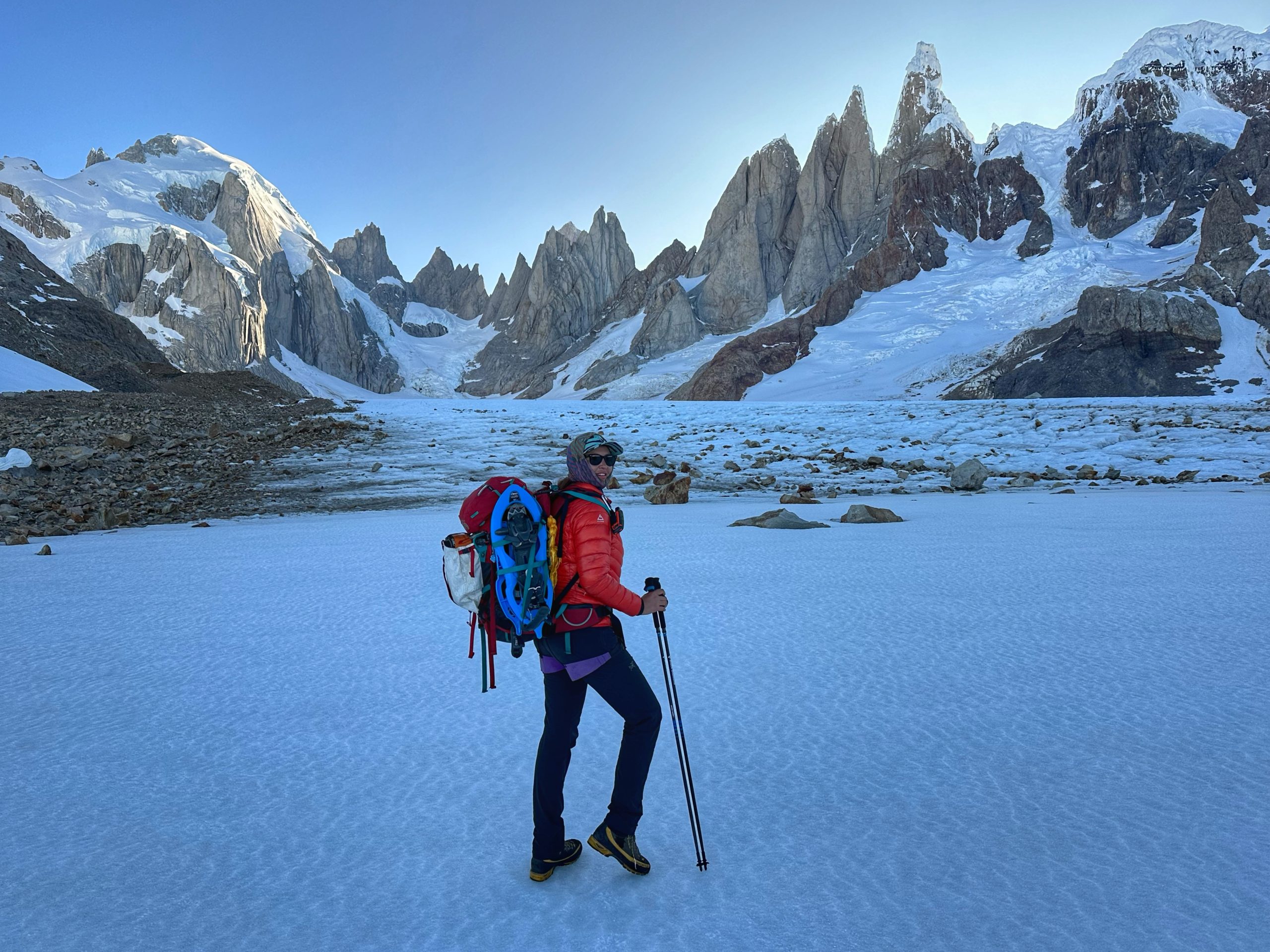
Itinerary
Day 1 - December 3
El Chaltén
Arrival in El Chaltén.
If the weather looks good, tomorrow we will start the Ice Field Expedition.
Equipment check and group meeting.
Day 2 - December 4
Eléctrico River Valley.
Transfer to the bridge over the Eléctrico River, the starting point of our first day of trekking to the base of the Marconi Glacier.
Technical details:
Distance to cover: 12 km (6 hours of hiking).
Elevation gain: 700 m.
Campsite: La Playita.
Day 3 - December 5
Marconi Glacier - Laguna De Los 14.
One of the longest and most technical days of our trek, but with an incredible view of the glacier.
Distance to cover: 18 km (7-9 hours of hiking).
Elevation gain: 800 m ascent.
Campsite: Paso Marconi.
Day 4 - December 6
Paso Marconi - Circo de los Altares.
Just an hour of hiking, and the Southern Patagonian Ice Field will unfold before us, offering stunning views of Volcano Lautaro (still active), the Mariano Moreno Range (almost as tall and much larger than Fitz Roy), the Four Glaciers Pass, and the Chico Glacier to the Southwest.
Although the terrain becomes a bit easier, exposure to the constant northwest winds can make it a challenging day as well.
Use of snowshoes if necessary.
Distance to cover: 12 km (6-7 hours of hiking).
Elevation gain: 50 m ascent – 100 m descent.
Campsite: Circo de Los Altares.
Day 5 - December 7
Circo de los Altares –Laguna esquíes.
In the morning, we will head towards the Laguna de los Esquíes on the lateral moraine of the Viedma Glacier, the chosen point to exit the Southern Patagonian Ice Field (formally Viedma Glacier at this site). We will travel 3 hours across the glacier, followed by a moraine terrain that gradually becomes a bit more stable.
Distance to cover: 14 km (8 hours of hiking).
Elevation gain: 250 m descent and 250 m ascent at the end of the day.
Day 6 - December 8
Laguna esquíes- Campamento toro.
On this day, we will begin to traverse the Tunnel River Valley, which will lead us to El Chaltén. The first challenge is the ascent to the Paso del Viento, followed by a descent to the campsite, located in a lenga forest.
Day 7 - December 9
Campamento Toro - El Chaltén.
It’s the final challenge, as we hike through the Tunnel River Valley all the way to Chaltén.
Distance: 15 km.
Elevation gain: 300 m.
Elevation loss: 500 m.
Day 8 - December 10
Extra buffer day due to bad weather.
If we don’t use this day during the Ice Field Expedition, it will be a rest day in El Chaltén.
Day 9 - December 11
Extra buffer day due to bad weather.
Extra buffer day due to bad weather. These days in El Chaltén will be used for trekking to Laguna Torre or Laguna de los 3.
Day 10 - December 12
Extra buffer day due to bad weather.
Option for another trek in El Chaltén or rafting at an additional cost.
Day 11 - December 13
Return flight.
Contact Us
We look forward to sharing a unique experience with you!
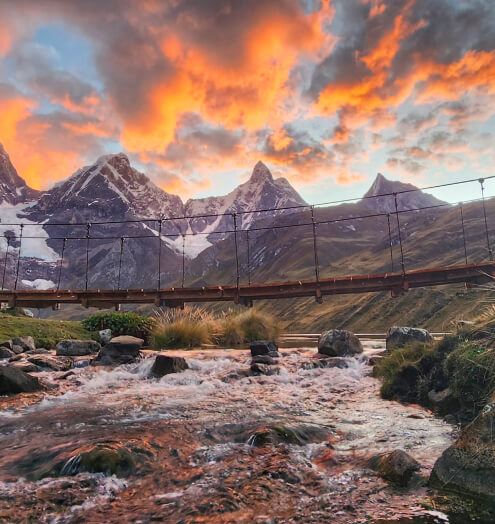
Contáctanos
¡Te esperamos para vivir juntos una experiencia única!

